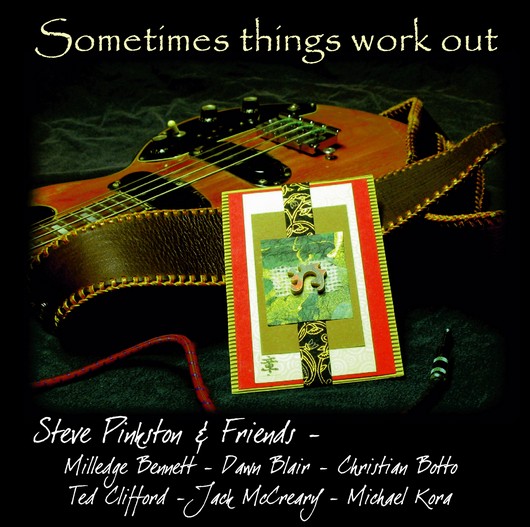I went to a memorial service yesterday, for the wife of a very nice man I’ve worked with for over a decade (we work at different companies now). His wife had passed away from an aggressive disease that had been discovered less than a year ago.
The service was held in an Episcopal church, and was quite lovely. I met up with a couple of old friends there and we got to chat a bit afterward.
The whole experience got me thinking about memorials – funerals if you like – and how we feel about them.
Something that surprised me was that only one of his current colleagues at work came to the service – his manager. Why did the others choose not to attend? What is it about a funeral that keeps people away?
I can imagine the excuses: “I didn’t really know his wife,” “I hate funerals,” “I’m not of that faith,” “I never know what to say,” and so on.
I’m calling bullsh*t on all of these excuses.
It’s an hour out of your life, folks. The deceased is well beyond caring whether you show up or not. This is not even really about her. This is about the human beings who are still alive – and someone you know who is in pain. You don’t have to say anything to the bereaved, other than perhaps, “I’m sorry.” Indeed, one of the worst things you could say is, “Oh, I know
exactly what you are going through, because when my great aunt Jenny died......” Believe me when I tell you, dear, that you do NOT know exactly what he is going through. All you need to do is be there. That will tell your friend, your co-worker, the person you see at the coffee-machine every workday, everything he needs to know – that you care about him.
If the memorial is being held in a church, synagogue, temple, or mosque, and you have been invited, then please do go, even if it is not your own particular faith. This is not about you and your faith. These structures are places of peace, love, and fellowship. They are places where people gather to forget about themselves for just a little while, and ponder the infinite. What is so scary about that? You might learn something.
Perhaps we are uncomfortable with seeing people crying, in pain. I think that’s natural. But this is also good for us to see. Many individuals are there whose heart has been broken. These people must go on with their lives, carrying this hole in their hearts. It is a good reminder to us that our own hearts can – and will – break. Let yourself be there, in the presence of these fellow human beings. Let your own heart break just a little.
I suspect that at the bottom of it all, we simply don’t want to acknowledge or accept death. That’s a bit strange, because it will happen to all of us. I can understand that feeling, but I don’t think we should give in to it. Going to a funeral won’t kill you.
So let me encourage you, the next time you are invited to a funeral, memorial, “celebration of life,” or other similar event, to please go. Open your eyes, mind, and heart while you are there. Death is a part of life. Yours, mine, and everyone’s.






